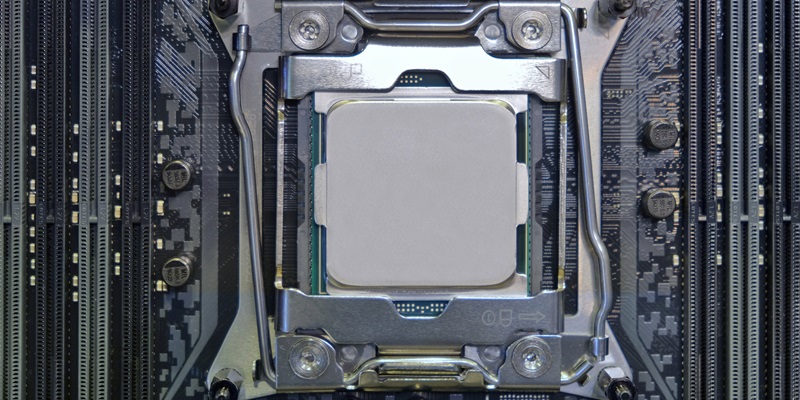Intel recently launched its highly anticipated “Core Ultra” processors, codenamed Meteor Lake, promising significant advancements in performance and efficiency. However, initial reviewers and customers have encountered a stumbling block in the form of a pre-release BIOS firmware that undermines the processors’ true potential. In this article, we delve into the issue at hand, Intel’s response, the recent firmware update by ASUS, performance improvements observed, confirmation from third-party testers, and the future enhancements to be expected.
Issue with Pre-Release BIOS Firmware
Upon closer inspection, it has come to light that the pre-release BIOS firmware for Intel’s Meteor Lake laptops creates inefficiencies within the power delivery process, resulting in decreased performance. This unfortunate hitch thwarts the processors’ capabilities and undermines their true potential.
Intel’s response
Intel promptly acknowledged the issue and began collaborating with its partners to find a viable solution. By working hand in hand with laptop manufacturers and cooperating extensively with their engineering teams, Intel is determined to address the power delivery inefficiencies and unlock the processors’ optimal performance.
ASUS Firmware Update
One laptop manufacturer that has taken proactive measures to rectify the power delivery issue is ASUS. The company swiftly released a UEFI firmware update that aims to enhance both performance and efficiency. This move showcases ASUS’s commitment to ensuring the best possible user experience with their Intel-powered laptops.
Performance Improvement from Firmware Update
The impact of the ASUS firmware update has been quickly recognized, as Cinebench testing revealed an impressive 12.5% increase in performance after upgrading the BIOS version from 201 to 203. This significant boost showcases the immense potential of Intel’s Core Ultra “Meteor Lake” processors when paired with optimized firmware.
Other Application Performance
While the Cinebench testing results provide valuable insights, it is essential to consider the broader spectrum of performance improvements. The reviewers are compiling data for various other applications to demonstrate the across-the-board improvements brought about by the latest firmware updates, enabling users to experience a noticeable enhancement in their day-to-day tasks.
Confirmation from a hardware leaker
In further support of the performance concerns raised by the community, Golden Pig Upgrade, a trusted hardware leaker, also independently pointed out the presence of an inefficient power delivery system during their comprehensive testing process. This confirmation further emphasizes the urgency to rectify the issue and optimize the power delivery process.
Benefits of firmware updates
Users who have updated their laptops with the latest firmware version have reported substantial improvements in both power draw and overall performance. The firmware update not only enhances the performance capabilities of the Meteor Lake processors but also ensures efficient power management, leading to extended battery life and reduced power consumption.
Future Enhancements and Optimizations
Intel acknowledges that this incident is a minor setback in the grand scheme of things and remains committed to delivering the best possible performance and efficiency for its customers. Moving forward, the company will continue to refine and optimize their processors through ongoing tuning, further firmware updates, and collaborative efforts with their partners to extract maximum performance.
Upcoming driver update
Intel is actively developing a new driver specifically aimed at addressing CPU and GPU performance when operating in lower power modes, notably sub-28W. This driver update is poised to further optimize power utilization and unlock the true potential of the processors across a wider range of usage scenarios.
Intel’s Core Ultra “Meteor Lake” processors hold tremendous promise, and while the initial power delivery issue dampened expectations, swift action from Intel, as well as proactive measures from partners like ASUS, has demonstrated a commitment to rectify the situation. The recent firmware update by ASUS showcases the potential for significant performance and efficiency improvements. With ongoing optimizations, tuning, and firmware updates, the future looks bright for Intel’s Core Ultra “Meteor Lake” CPUs, ensuring users enjoy optimal performance and enhanced battery life for their computing needs.

